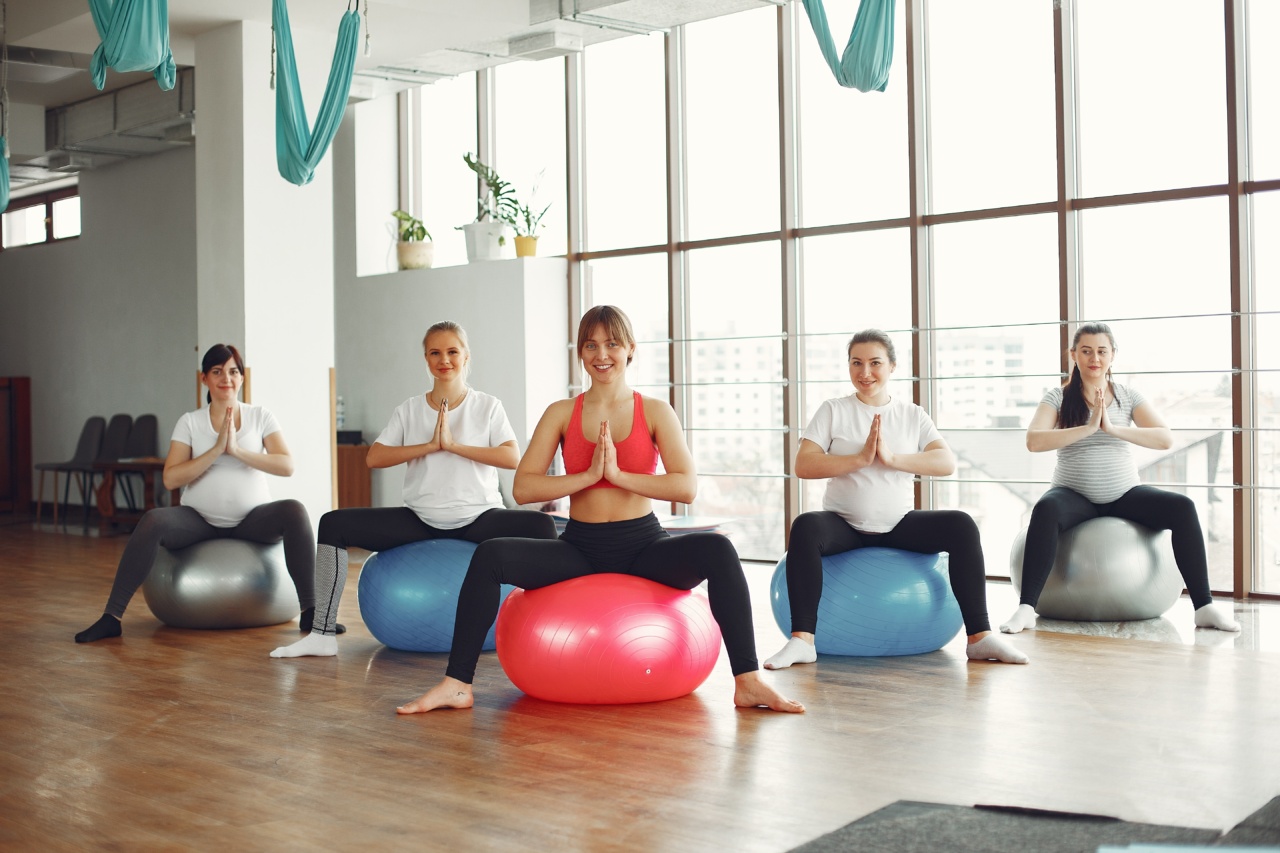Pregnancy is a beautiful journey that brings immense joy and excitement to a woman’s life. However, it also comes with its fair share of challenges, both physical and emotional.
Maintaining a healthy lifestyle during pregnancy is crucial for the well-being of both the mother and the baby. While there are several forms of exercise that can be beneficial during this phase, Pilates stands out as an excellent choice.
The Benefits of Pilates during Pregnancy
Pilates is a low-impact exercise method that focuses on strengthening the core, improving flexibility, and enhancing overall body strength. It emphasizes breathing techniques and mindful movement, which can be particularly advantageous during pregnancy.
Here are some amazing benefits of practicing Pilates while expecting:.
1. Strengthens the Core Muscles
During pregnancy, a woman’s body undergoes significant changes, especially in the abdominal region.
Pilates exercises target the deep abdominal muscles, including the transverse abdominis and pelvic floor, which play a vital role in providing stability and support to the spine and pelvis. Strengthening these muscles can alleviate back pain and promote good posture.
2. Improves Flexibility
As the body prepares for childbirth, ligaments and joints become more relaxed, causing increased flexibility. Pilates exercises focus on gentle stretching and lengthening, helping to maintain flexibility and reduce the risk of injury.
Improved flexibility also aids in easing discomfort and promoting better sleep.
3. Enhances Body Awareness
Pregnancy brings changes in balance and overall body alignment. Pilates emphasizes body awareness, teaching women to connect with their changing bodies and adapt to new movement patterns.
This increased self-awareness can help prevent falls and injuries, promoting better overall safety during pregnancy.
4. Supports Pelvic Floor Health
The pelvic floor muscles play a vital role in the birthing process, as well as in postpartum recovery. Pilates exercises specifically target these muscles, helping to maintain their strength and flexibility.
Strong pelvic floor muscles can reduce the risk of urinary incontinence and aid in a smoother recovery after giving birth.
5. Promotes Relaxation and Reduces Stress
Pregnancy can be a time of heightened emotions and stress. Pilates incorporates breathing techniques that encourage deep relaxation, reducing anxiety and promoting a sense of calm.
The meditative nature of Pilates also allows pregnant women to connect with their unborn baby, fostering a stronger bond.
6. Prepares for Labor and Delivery
As labor approaches, being physically prepared becomes essential. Pilates strengthens the muscles needed for labor, such as the glutes, hips, and thighs.
The controlled movements in Pilates help women develop endurance, allowing them to better cope with the demands of childbirth.
7. Increases Energy Levels
Regular physical activity helps combat fatigue and increases energy levels. Although pregnancy may leave women feeling tired, engaging in Pilates can boost energy levels and combat the common pregnancy-related complaint of low energy and fatigue.
8. Supports Postpartum Recovery
Once the baby arrives, the focus shifts to postpartum recovery. Pilates can aid in the recovery process by strengthening the muscles affected during pregnancy and childbirth.
It promotes better body alignment, faster healing, and helps women regain their pre-pregnancy strength and fitness levels.
9. Social Interaction and Support
Attending Pilates classes during pregnancy provides an opportunity for social interaction with other pregnant women, sharing experiences, and building a support network.
This connection can be incredibly valuable during this transformative stage of life.
10. Safe and Convenient
Pilates exercises can be modified to suit women at different stages of pregnancy and varying levels of fitness.
Pregnant women should consult with their healthcare provider and work with a certified prenatal Pilates instructor to ensure a safe and tailored workout routine. Additionally, Pilates can be practiced at home with minimal equipment, making it a convenient choice for busy moms-to-be.
Conclusion
Pilates is a fantastic exercise option for pregnant women, offering numerous benefits that contribute to a healthier and more enjoyable pregnancy journey.
From strengthening the core muscles to promoting relaxation and reducing stress, Pilates is a comprehensive exercise method that supports the well-being of both the mother and the baby. However, it is essential to consult with a healthcare professional before beginning any exercise program during pregnancy to ensure safe and appropriate modifications are made.




























